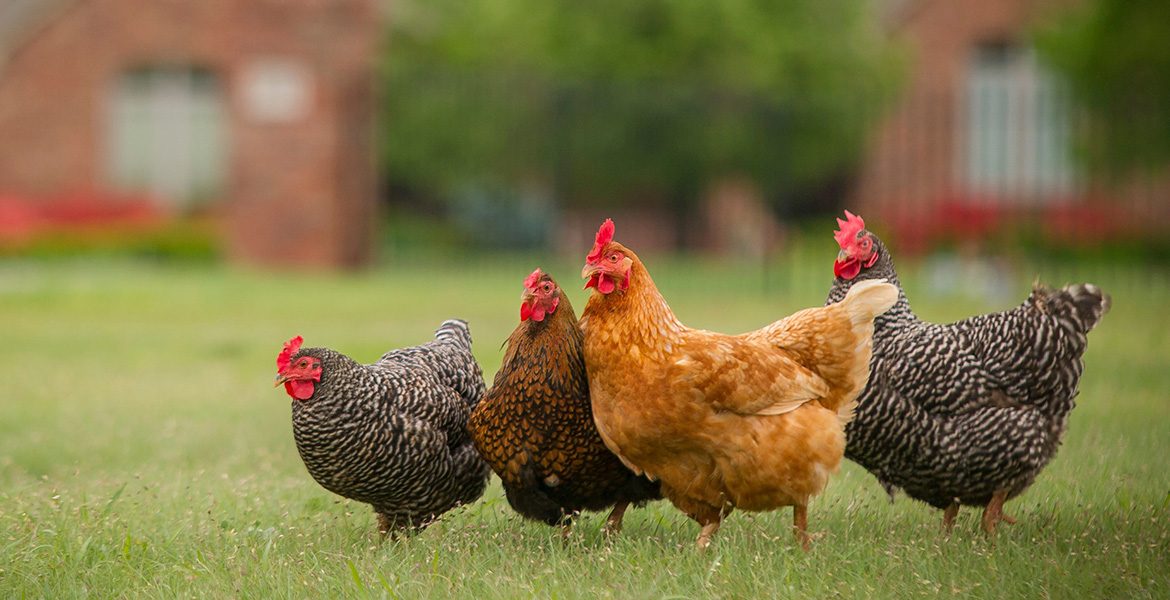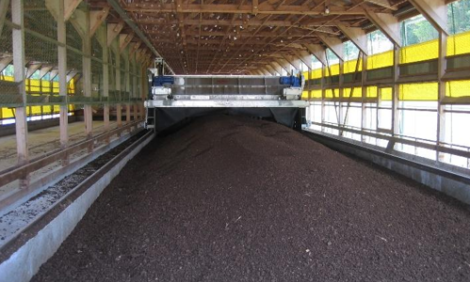



Small flock production provides benefits, but good management remains a must
Backyard poultry producers may find themselves able to offset increased prices for eggs as Oklahoma and the nation deal with COVID-19 concerns.
Lately they have also been able to help with social distancing measures by cutting down on trips to the grocery store.
“Eggs in many stores have been going for about $3 per dozen, and in some places concerns about the coronavirus pandemic have led to a run on eggs resulting in bare shelves,” said Dana Zook, Oklahoma State University Extension area livestock specialist for northwestern Oklahoma.
However, backyard poultry operators still need to practice best management protocols to ensure their flocks are healthy and remain productive. Spring is the perfect time to evaluate birds and coops. Hens typically molt when daylight hours are shorter during the winter months.
“As chickens are affected by daylength, flock operators need to ensure their birds are in tip-top shape for late-spring and summer,” Zook said. “Egg production ramps up as hours of daylight increase.”
Another timely exercise is to clean the coop. Be sure to check cracks and crevices in the building for parasites, which often become more apparent during spring. External parasites can silently erode the production of egg-laying hens. Examine the birds, especially areas prone to external parasites. Look under wings, around beaks and eyes, and near the vent area.
For confined chickens, make sure their fencing and run are in good condition to keep out predators. The run area also should be built up to ensure adequate drainage. The worst environment for chickens is one that is wet and muddy.
Backyard poultry producers who notice anything out of the ordinary with their birds or coop may want to contact the local OSU Extension county office for assistance. With pictures and a good description, agricultural educators should be able to provide research-based advice about a flock operator’s management and treatment options, experts said.
“OSU Extension county offices are an easy-to-access local connection to proven, trustworthy information and resources not just specific to Oklahoma but to specific areas of the state,” said Josh Campbell of the Oklahoma County Extension Office. “If needed, we can draw upon the expertise of specialists throughout the OSU Extension system and provide key insights for people inspired to start their own flock or expand the number of birds they have currently.”
Consider, for example, health management. Some chicks purchased now will not come into production for five or six months. That could lead many people to buy older birds. While even chicks can display illnesses that do not show up for several days, older birds often come with greater risk. Extension experts raised several questions for producers to ask: Were they bought from an operation the backyard poultry producer knows well? Did their previous owner practice best management protocols? Did they spend a significant amount of time at a sale intermingled with birds from other flocks, perhaps picking up illnesses in the process?
“It’s critical that new birds be quarantined at least three weeks before intermingling with the rest of an existing flock, and it’s equally vital to always tend to the quarantined birds after the current flock so as to reduce the chance of spreading potential problems,” said Brad Secraw, Cleveland County Extension agricultural educator. “These are biosecurity issues that can have devastating effects on a flock if ignored.”
Secraw, Campbell and Zook said a backyard poultry operator must be an informed producer the same as those who run much larger agricultural operations. The OSU calendar lists upcoming Extension educational programs and events, many of which are offered online, allowing Oklahomans to learn what they need to know while following mandated social distancing rules.








